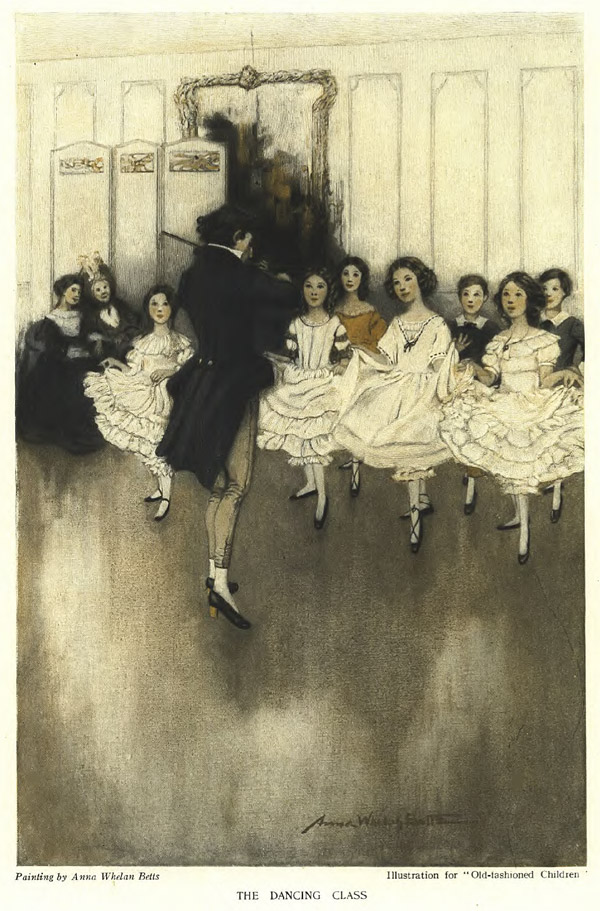
Gladwell, who has built a wildly successful career curating and synthesizing other people’s research for the common reader’s consumption, has been surprisingly remiss in examining the social web’s impact on various forms of activism. In a recent New Yorker article, in fact, he declared that “the revolution will not be tweeted” — that social media are practically useless when it comes to serious activism. While I don’t question his remarkable intelligence or unique talent — I fully subscribe to the work of psychologist Howard Gardner, whose latest book, Five Minds for the Future, demonstrates the value of the kind of synthesizer mind Gladwell possesses — I find it incongruous for a man who has abstained from participation in social media to weigh in on their value for civic action. (Gladwell has a page on Facebook but not a profile. He exists on the site much as Van Gogh does: you can’t “friend” him but you can “like” him.) —“Malcolm Gladwell Is #Wrong,” Maria Popova, Change Observer
Good ole fashioned Nazi fun!
color-coded cartographic French intransigence;
rolfe me because it hurts (so good)
Every November, all five of The Dobbs Group’s show-jumping horses must be transported from their summer stables in Vermont to their winter stables in Wellington, Florida. The workers are transported to the tropics too, returning to New England with the horses in April. They ride in trucks each way alongside their expensive equestrian charges, tending to the horses’ needs throughout the thirty-two-hour journey. Their return to Vermont marks the start of a new annual circuit of horse shows—an exhausting schedule during the spring, summer and fall months that entails constant travel between their Vermont base and horse shows around the country. At these shows, it is not unusual for the grooms who care for Dobbs’s horses to rise in the middle of the night or in the predawn hours to clean, brush and prepare the horses for a training session or early morning competition. For years, undocumented immigrants from Mexico have been relied upon to meet these labor demands. —“Lou Dobbs, American Hypocrite,” Isabel Macdonald, The Nation
I hear you saying “lake pirate” and all I keep thinking is “lake trout”–fried hard;
killer cheese;
solid spank science
It turned out that what had floored me most about Nosferatu was not only what you’d expect—yes, the filmmakers had apparently rummaged around in their psychic basements to turn Max Schreck, who played the vampire, into something conversation-stopping in its sinister and dignified repulsiveness—but also one of the movie’s more startling implications: that the pure at heart were as much on the vampire’s wavelength as those already given over to perdition. The vampire’s satanic assistant and the virtuous heroine were both sensitized, across continents, to Nosferatu’s approach. Over and over again, the heroine and the vampire seemed to be reaching out to one another. And Nosferatu not only infected the world with his strangeness as he moved through it, but the world he invaded seemed to make him more and more oddly ordinary. Sure, he disembarked from a rat-infested ship in Bremen. But then there he was, trooping along the street, the only one around to lug his coffin, balanced on his hip, all the way to his lair. —“Jim Shepard,” Jim Shepard, Ploughshares
Wasted Time


